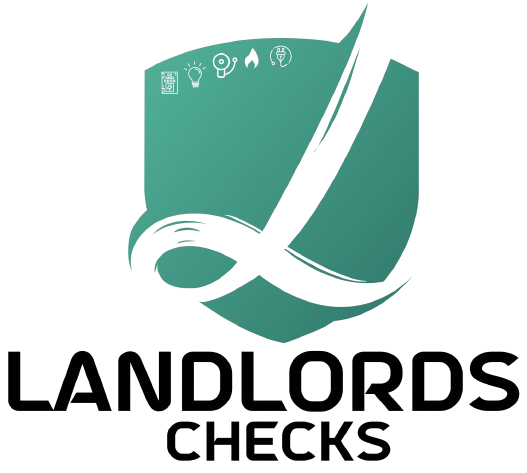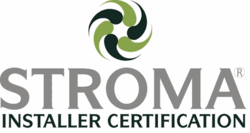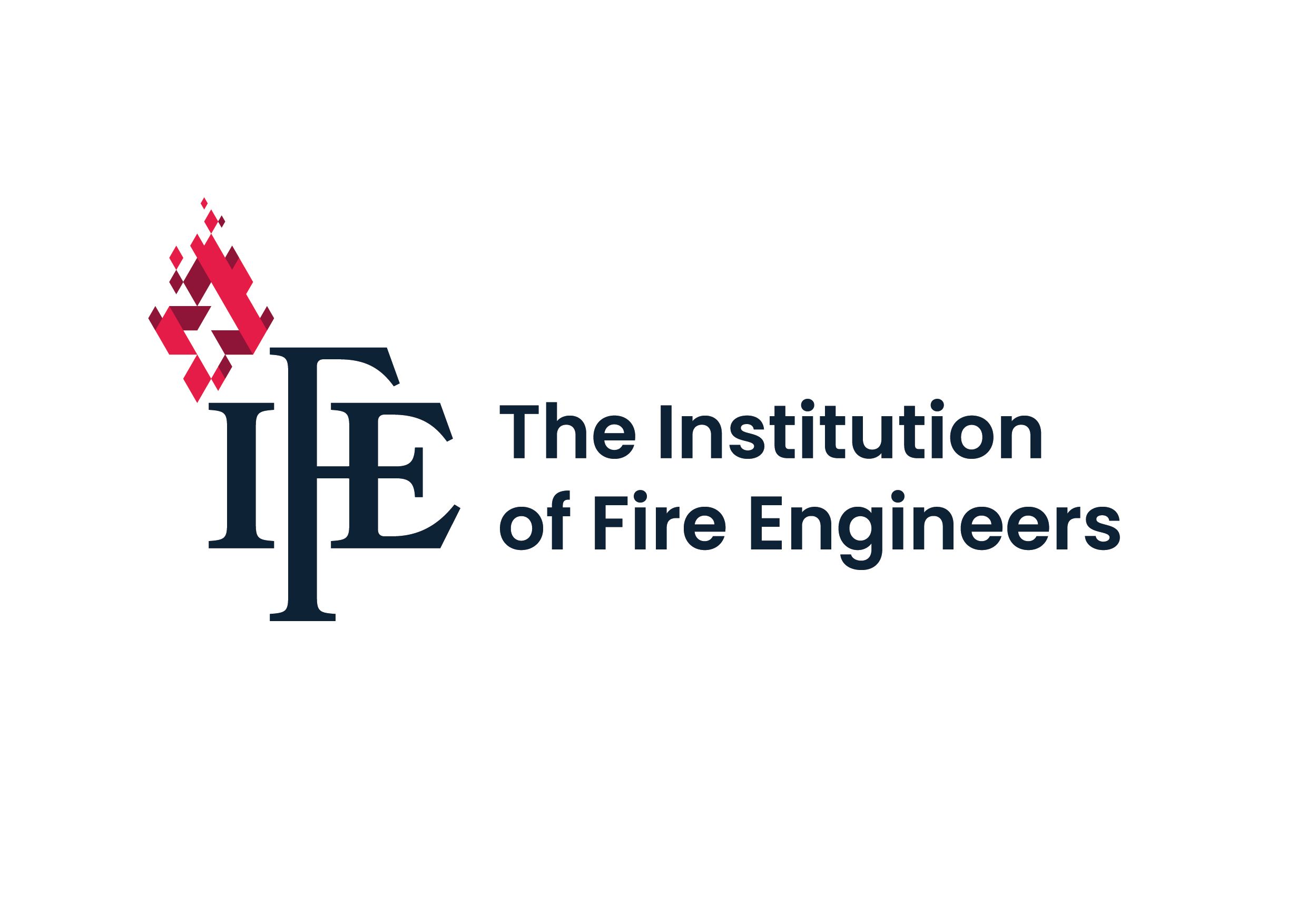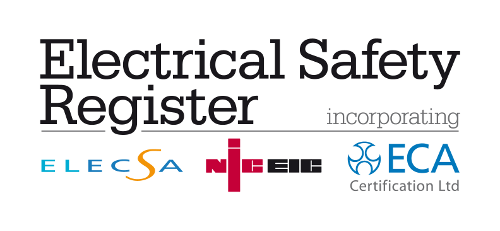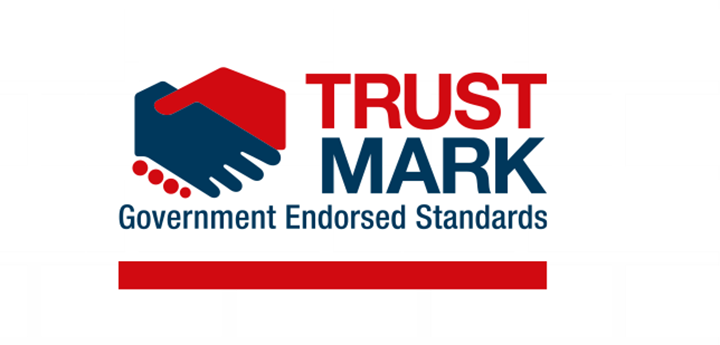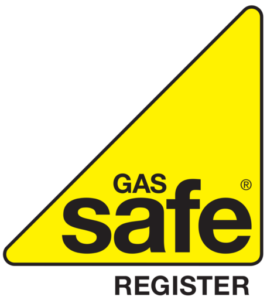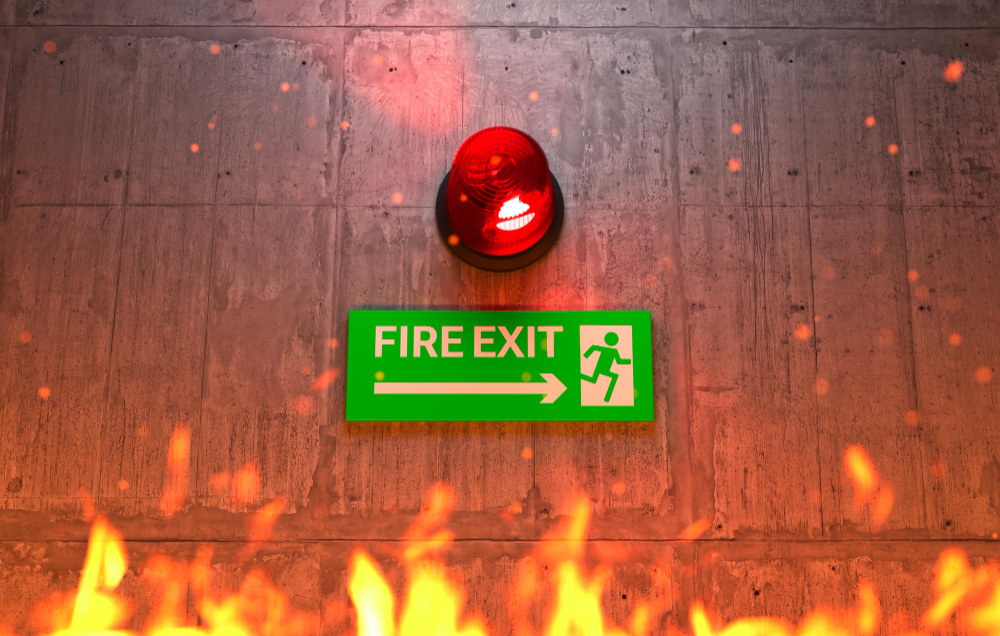For landlords, ensuring the safety of their rental properties is not just a matter of good practice, but a legal obligation. When it comes to electrical installations, obtaining the correct electrical certs for landlords is paramount. These certifications provide assurance that the electrical systems within the property are safe for tenants and comply with current regulations. This guide will explain the essential electrical certs for landlords and why they are so important.
The primary electrical cert for landlords in the UK is the Electrical Installation Condition Report (EICR). This report is a comprehensive assessment of the property’s existing electrical installations, including wiring, sockets, light fittings, and the consumer unit. A qualified and registered electrician conducts the EICR to identify any potential hazards, defects, or areas of non-compliance with the latest electrical safety standards (BS 7671). The EICR will classify any issues found, ranging from minor recommendations to dangerous faults requiring immediate attention. Landlords in England have been legally required to have an EICR carried out for all tenancies since April 2021, with inspections needed at least every five years, or more frequently if the report indicates.
While the EICR assesses the existing electrical installations, another important electrical cert for landlords is the Electrical Installation Certificate (EIC). This certificate is issued after any new electrical work or significant alterations have been completed in the property, such as a full rewire or the installation of a new circuit. The EIC confirms that the new electrical work has been designed, installed, and tested correctly and complies with the relevant safety standards. If a property has undergone a full rewire and an EIC has been issued, a new EICR may not be required for five years from the date of the EIC.
Although not strictly an “electrical cert,” Portable Appliance Testing (PAT) is another crucial aspect of electrical safety for landlords. PAT testing involves the inspection and testing of portable electrical appliances provided by the landlord, such as kettles, toasters, and lamps. While not a legal requirement in the same way as the EICR for fixed installations, PAT testing is a recommended practice to ensure these appliances are safe for tenants to use and to comply with the general duty to provide safe equipment. Regular PAT testing can help prevent electrical accidents caused by faulty appliances.
Obtaining the correct electrical certs for landlords is vital for several reasons. Firstly, it ensures the safety of tenants, protecting them from the risks of electric shock and fire. Secondly, it demonstrates compliance with the Electrical Safety Standards in the Private Rented Sector (England) Regulations 2020 and other relevant legislation, helping landlords avoid potential fines and legal issues. Furthermore, having up-to-date electrical certs can also be beneficial for insurance purposes and can provide peace of mind for both landlords and tenants.
To ensure you have the necessary electrical certs for your rental properties, it is essential to use qualified and registered electricians who are competent to carry out the inspections and testing required for EICRs and EICs. For more information and to find qualified professionals who can assist with your electrical safety obligations, you can visit electrical certs for landlords. Ensuring you have the correct electrical certs is a fundamental aspect of responsible property management and a key step in providing a safe living environment for your tenants.


193 Reviews
